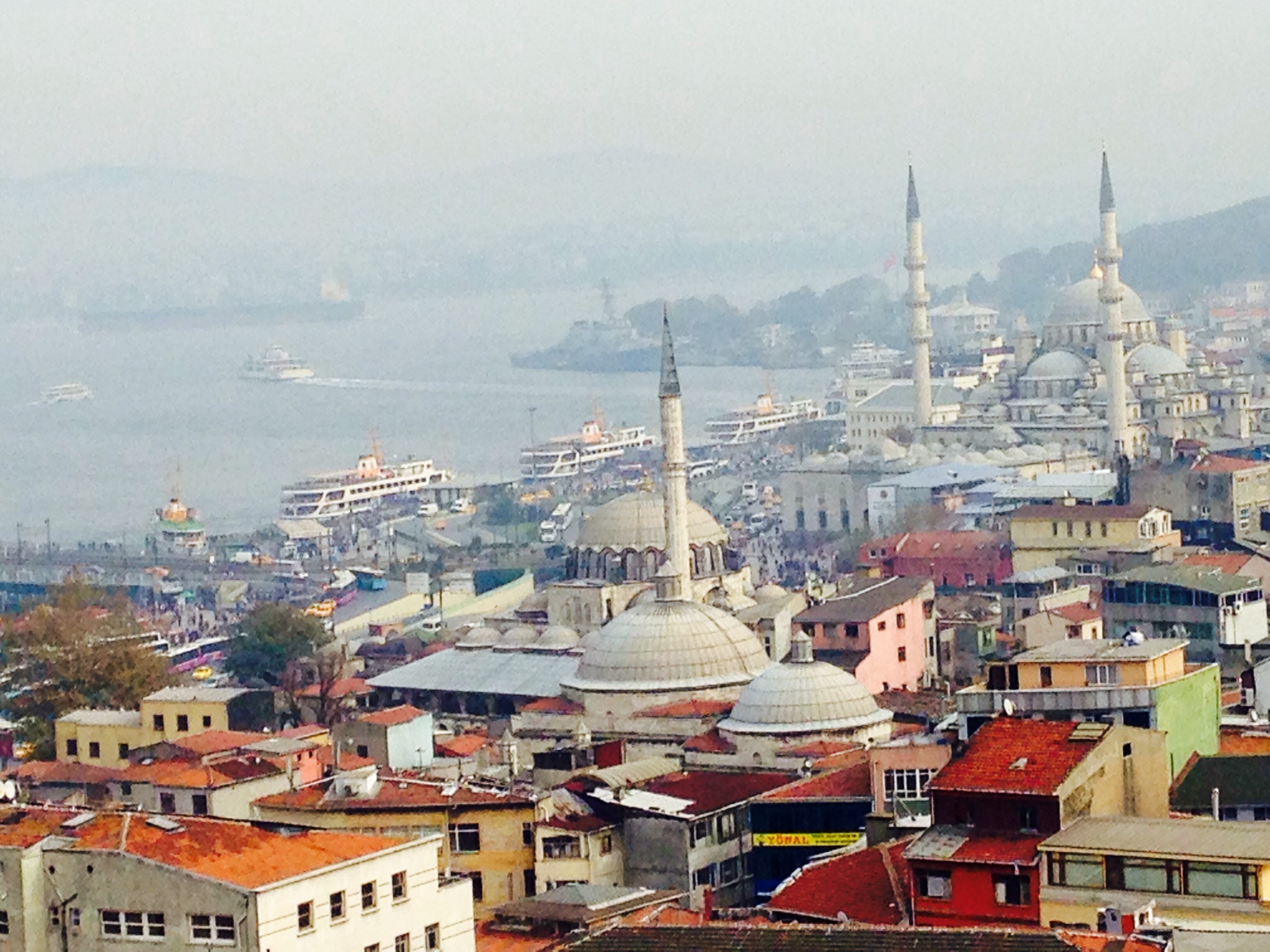
To my dear ones who are waiting…
“Let waiting be our work, as it is His. And, if His waiting is nothing but goodness and graciousness, let ours be nothing but a rejoicing in that goodness, and a confident expectancy of that grace. And, let every thought of waiting become to us the simple expression of unmingled and unutterable blessedness, because it brings us to a God who waits that He may make Himself known to us perfectly as the gracious One. My soul, wait thou only upon God!”- Andrew Murray
My first child was late. Due around Labor Day, she made her appearance into the world on September 11, about ten days late.
During the time between her due date and her actual arrival my husband got into the practice of answering the phone by shouting into it “No! We haven’t had the baby yet! Quit asking.” It all worked fine until his mother-in-law (yes – that would be my mother) called.
Any couple or individual who has gone through waiting for a baby’s arrival know that waiting is work.
I know well the waiting of babies.
I also know well the waiting that is an inevitable part of a life movement. Below is an essay I wrote for my book Between Worlds. During this season of worldwide waiting it felt right to post it. May it in someway comfort you in the waiting.
It’s 2am in the Mumbai Airport. I am in the domestic terminal and the airport is quiet. Outside the sky is dark and the open doors reveal small restaurants, some closed, others open with minimal food and one lone employee to serve customers who happen by at that hour.
We arrived here at midnight. It’s still three hours before our flight to Goa. We don’t yet know that we will miss that flight.
At the door the guard’s sleepy eyes belie his quick response. Some people in our group have already tested his reflexes. His high turban is immaculate, and a thick silver Sikh bracelet falls heavy on his arm.
Other passengers are scattered in the two seating areas, either in semi-sleep or randomly observing their surroundings with the resigned expressions of travelers in transit, travelers who are between worlds, in the limbo of the ‘not yet arrived.’
A group from the Emirates walks across the terminal, a gaggle of children lagging behind, weary with the weight traveling and the weight of bags, hanging heavy off their backs, luggage tags bearing the characteristic red and white emblem of the airline. Their moms are ahead of them, slender and tall in abayas, only their eyes showing through black niqabs.
I sit back and look around, fully at home. This waiting in terminals is a world I know well. I’ve never counted up the hours I have spent like this, just waiting, but they are many. It’s amazing how much waiting there is in a life of movement.
Surrounded by luggage, tired from crossing time zones, we just sit. We wait. We wait in transit, in the in-between, not always sure of the next piece of the journey. We wait for buses. We wait at train stations. We wait at airports.
And there’s another kind of waiting. We wait for visas, that legal stamp of permission to enter a country as a guest or live there as a resident. We wait for donors to fund projects. We wait for decisions over which we have no control. We wait for a doctor’s approval to continue this life overseas.
Above all, we wait for God. We move forward in faith, only to be stopped in transit. So we wait. It’s not time. We sit tight. There are dozens of ways that God moves in and orchestrates our plans, our movements.We may never know the reason for the waiting. It may elude us until the day we die and we’re on the other side of eternity. For waiting is nothing new to the work of God.
In waiting we join hundreds of others who waited before us. Joseph, sold into slavery, waited years to be able to say the words “You meant it to harm me, but God used it for good.” Abraham and Sarah, waited for so many years to have a child that Sarah laughed cynically at the idea. Noah waited aboard a boat full of antsy animals, with no land in sight. Those are only a few in a long list of ‘waiters.’
He doesn’t assure us that we will learn why we wait. He gives no false promises. What he does is perhaps better – he assures us of his goodness.
And so I wait at two am in the Mumbai airport, thinking of this God who reaches through time and place and asks us to be okay in the in-between, to trust his character and his love; a God who asks us to wait. I give thanks to a God who is utterly trustworthy and completely unpredictable within the waiting; a God who knows all about the work if waiting as he daily waits for his children to finally get it.







 What have you read or seen?
What have you read or seen?
















